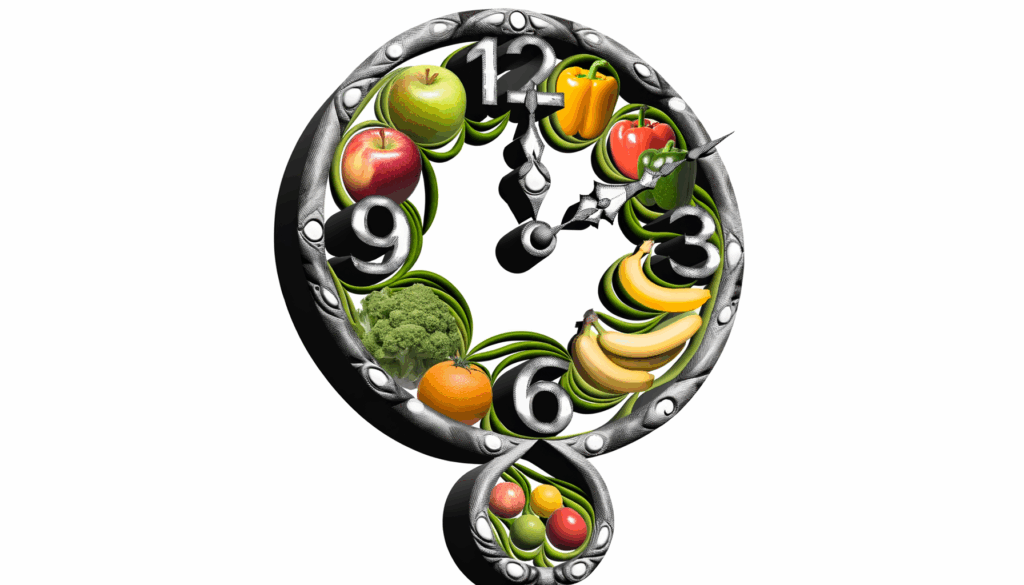Optimizing Nutrition for Winter Sports Athletes in Cold Environments
As winter sports athletes prepare to face the challenges of cold weather, it is crucial to understand the unique nutritional demands that come with performing in such environments. Proper calorie tracking and nutrition planning are essential for maintaining performance, preventing injury, and ensuring effective recovery. Here’s a comprehensive guide on how to optimize your nutrition for winter sports in cold environments.
Understanding Energy Expenditure in Cold Environments
Performing physical work in cold environments significantly increases energy expenditure. This is due to the body’s need to generate heat to maintain thermoregulation, a process that requires additional calories beyond what would be needed in warmer conditions.
For example, a study on energy expenditure during physical work in cold environments highlighted the extreme energy costs associated with such activities. This increased energy demand necessitates a careful approach to calorie intake to ensure that athletes are adequately fueled.
Pre-Workout Nutrition
Before engaging in winter sports, it is vital to consume a balanced meal or snack that is rich in carbohydrates. Carbohydrates are essential for topping off muscle glycogen stores, which are critical for energy production during exercise. Including a small amount of protein can also help in reducing post-exercise soreness and supporting muscle repair.
A typical pre-workout snack should be consumed between 30 to 60 minutes before training. Examples of such snacks include whole grain toast with avocado and eggs, or a banana with almond butter. These snacks provide the necessary carbohydrates and a bit of protein to support your workout.
- Whole grain toast with avocado and eggs
- Banana with almond butter
- Yogurt with berries and honey
- Energy bar with a mix of carbohydrates and protein
During Workout Nutrition
During prolonged winter sports activities, it is important to maintain hydration and energy levels. Consuming carbohydrates and electrolytes during the workout can help in sustaining performance. Sports drinks or energy gels can be useful, especially in activities that last longer than 60 minutes.
Additionally, dressing in moisture-wicking fabrics can help in maintaining hydration by removing sweat and keeping the skin dry. This is crucial as dehydration can significantly impact performance and recovery.
- Sports drinks like Gatorade or PowerBar
- Energy gels from brands like GU Energy
- Moisture-wicking fabrics from brands like Patagonia or Under Armour
Post-Workout Nutrition
After the workout, it is essential to consume a meal or snack that includes a mix of carbohydrates and protein. This helps in replenishing glycogen stores and supporting muscle recovery. For every pound lost in sweat during training, athletes should consume 3 cups of fluid to maximize recovery and decrease soreness.
A post-workout meal could include items like a protein shake with carbohydrates, a meal of whole grains with lean protein, or even a snack like Greek yogurt with honey and nuts.
- Protein shake with carbohydrates from brands like Optimum Nutrition
- Meal of whole grains with lean protein such as chicken or fish
- Greek yogurt with honey and nuts
Nutrition at High Altitudes
For athletes training at high altitudes (above 5,000 feet), additional nutritional considerations are necessary. High altitude training increases iron needs, fluid intake, and resting metabolic rate, while it can also decrease appetite, leading to potential weight loss.
To adapt to high altitude, athletes should consume consistent meals and snacks throughout the day, ensuring a balanced intake of carbohydrates, lean protein, and healthy fats. It is also important to stay hydrated and monitor calorie needs to prevent weight loss.
- Include iron-rich foods like red meat, spinach, and fortified cereals
- Increase fluid intake with electrolyte-rich drinks
- Consume 3 meals and 3 snacks daily with a balance of carbohydrates, protein, and fats
Using Calorie Tracking Tools
To ensure you are meeting your nutritional needs, using a calorie tracking tool can be highly beneficial. Tools like the Calorie Calculator Cloud help athletes calculate their daily calorie needs based on their activity level, weight, and other factors. This can be particularly useful in cold environments where energy expenditure is higher.
By understanding your specific calorie requirements, you can plan your meals and snacks more effectively, ensuring you are always adequately fueled for your winter sports activities.
Check out the Calorie Calculator Plans to find the best option for your needs.
Conclusion and Practical Tips
In conclusion, optimizing nutrition for winter sports athletes in cold environments involves careful planning of pre-, during-, and post-workout meals and snacks. Here are some practical tips to summarize:
- Consistent Carbohydrate Intake: Ensure you consume carbohydrates at meals, snacks, and before, during, and after exercise to maintain glycogen stores.
- Hydration: Use moisture-wicking fabrics and consume electrolyte-rich drinks to maintain hydration.
- Balanced Meals: Include a mix of carbohydrates, lean protein, and healthy fats in all meals and snacks.
- High Altitude Considerations: Increase iron intake, fluid consumption, and monitor calorie needs at high altitudes.
- Use Calorie Tracking Tools: Utilize tools like the Calorie Calculator Cloud to accurately calculate your calorie needs.
By following these guidelines, winter sports athletes can optimize their performance, prevent injuries, and ensure effective recovery in cold environments.
Start your journey to optimized winter sports nutrition today by visiting the Calorie Calculator Cloud and exploring the various resources available to help you achieve your goals.








